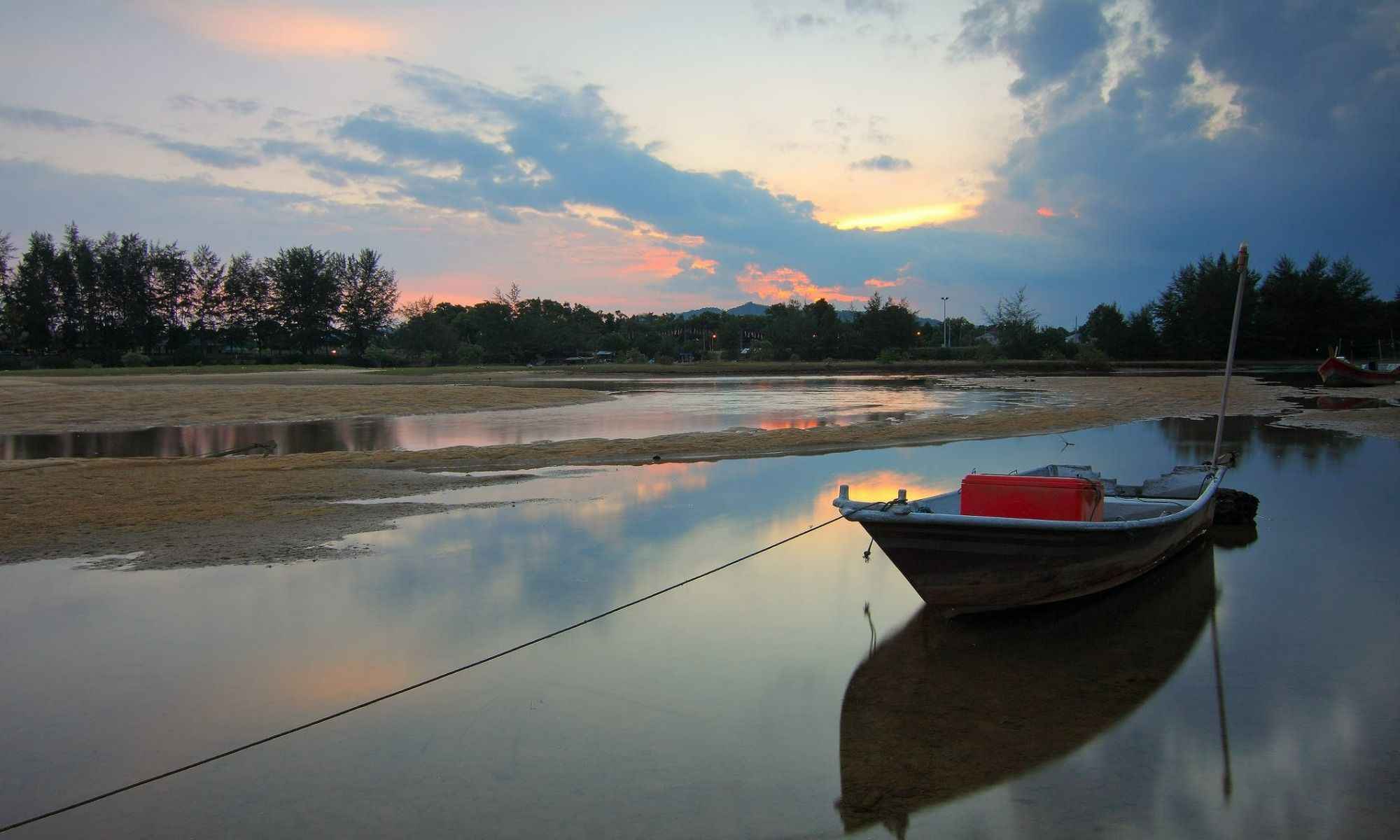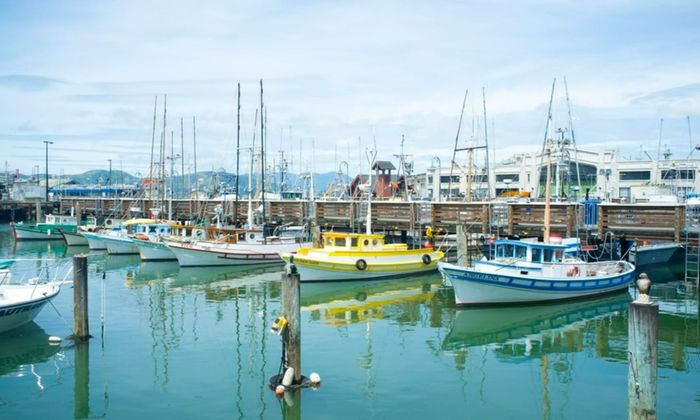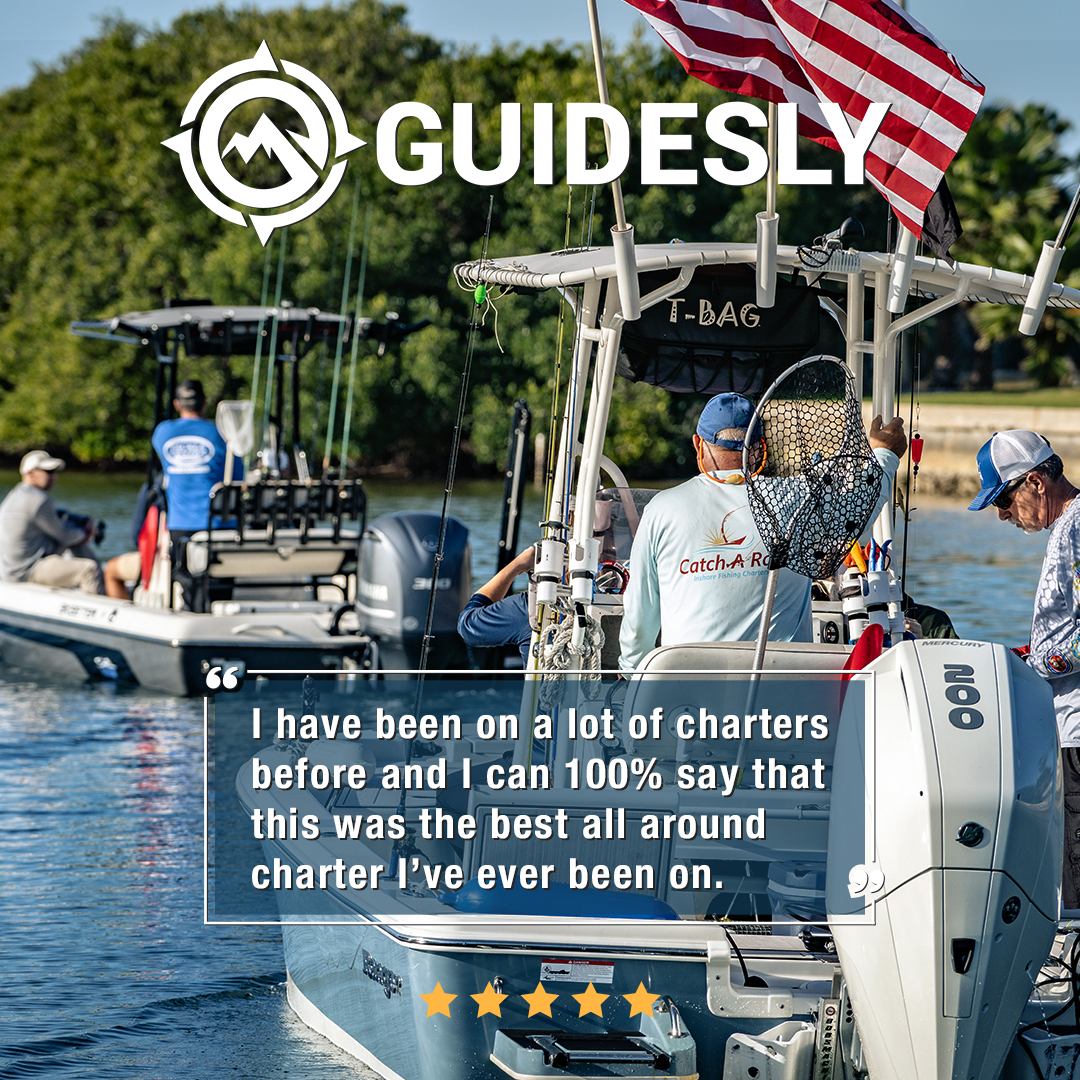Offshore Bass: Top Tips to Fish Them
Offshore Bass remains one of the most exciting freshwater gamefish to catch. Learn about top tips for fishing for these freshwater threshermen.

For many anglers, fishing right before sunrise or sunset is one of the best times to consistently find fish in the water. The water isn't as hot during these times, and there aren't as many anglers roaming about. This means that fish are more likely to be active in shallow waters. This is especially true for bass. But those golden hours of sunrise and sunset can only last a little while. The water will heat up at some point, anglers will start coming, and fish will start heading back into deeper waters. It may be ok to pack up and leave if it were just the local pond. However, for tourists who have painstakingly planned an entire fishing trip, one or two hours of fishing just doesn't cut it. It then falls on the angler to try their luck with offshore fishing.
As its name implies, offshore fishing is when a fisherman attempts to catch fish while away from land, usually on a fishing boat or any other maneuverable vessel. This method of fishing can extend to deep sea fishing and, weirdly enough, ice fishing. Offshore fishing can be really flexible as it opens the door for anglers to try different techniques like the aforementioned deep sea fishing or even bottom fishing, trolling, and drift fishing. Going offshore can also help an angler explore every nook and carry a body of water it has to offer, finding reefs and high places of vegetation where fish flock. For anglers visiting out of town and checking out nature's best views, this form of fishing will also allow anglers to appreciate the surroundings better than being stuck in one place on land.
For all the benefits of offshore fishing, it begs the question of how to really go about it. There are many things to consider when going on an offshore bass fishing trip. Whether it's the mode of transportation, equipment, where to find them, and many more. Here are some tips, tricks, and everything to know about offshore bass fishing.

Offshore Bass Fishing: Everything You Need to Know
1. Choose the Right Vehicle

Before even thinking about setting off on an offshore fishing trip, every angler should think about what type of vessel they will fish on. Obviously, anglers with no intention to make offshore fishing a regular activity should find chartering a guide to be well worth the money. However, for those willing to invest in this type of fishing for the long term or worse, plan to fish in an area that doesn't offer guides, then owning a personal fishing vessel might be a good investment. Of course, fishing vessels don't only mean motorboats. They can also be kayaks and even stand-up paddleboards(SUP). Boats are the most obvious yet expensive choice. They're speedy machines that can cover much ground and resist capsizing. They also offer more room in comparison to kayaks and SUPs. These benefits also come with a cost, as motorboats' maintenance, storage, and transportation can cost a lot.
In comparison, SUPs are cheaper and more maneuverable but have less space and can be challenging for those that can't balance well. Though adding extra floatation devices can fix that, it's still not buoyant as kayaks. Kayaks are somewhat in the middle ground of maneuverability, buoyancy, and moderately affordable.
Anglers should find it best to heavily research the body of water they're going to, knowing information like places a specific fishing vessel can't go through or if fish spook easily by use of the motor, and even the topography of the area. These details can aid an angler in selecting the appropriate vehicle for their needs.
2. Have a Map and Fish Finder
Going on an offshore fishing trip goes along with the assumption that the water is warmer. The bass previously swimming along the shallow water retreated deeper into the water or to distant structures to escape the heat. Most fish will probably not be visible to the eye in cases like these. It is then reasonable to have a map of the area to better navigate it. Maps from google earth or other geolocating websites offer contour maps, where specific points like deep holes, sandbars, legs, and humps can be found. Combining maps with a fish finder is also very effective. Modern-day fish finders can give a more accurate picture of what's going on underneath. Just be mindful of going as slow as possible when using the sonar of the fish finder, as movement can skew the feedback of the device.
3. Bass Fishing
Bass are one of the most common fish found in America. They may not be sensitive to sudden movements, reels, and flies, but they are pretty heavy on average and will put up a good fight. Largemouth bass can reach up to lengths of 32" while smallmouth bass can be as big as 27". Most anglers use a 6 to 8-weight rod depending on the fish's weight. Others also recommend the use of a disk drag. There is a lot of bait to choose from when bait fishing, such as jigs, jerk bait, minnows, and plugs.
Fly fishing is one the most common and popular ways to catch them. Just make sure that the line and rod can handle these feisty fish. During summer or in the middle of the day, bass will probably head deeper into the water when the sun is at its hottest. Using Weighted flies will help in getting them hooked despite their depth. When targeting areas of vegetation, it is also important to get a feel for the environment. Using weighted flies for bottom fishing can help an angler get a feel for the bottom composition and whether or not bass may or may not reside there.

Offshore fishing opens many doors for anglers to explore the breadth of nature and try out new things in terms of technique and equipment. For anglers looking to maximize a day's worth of fishing, then offshore fishing may be for you.



